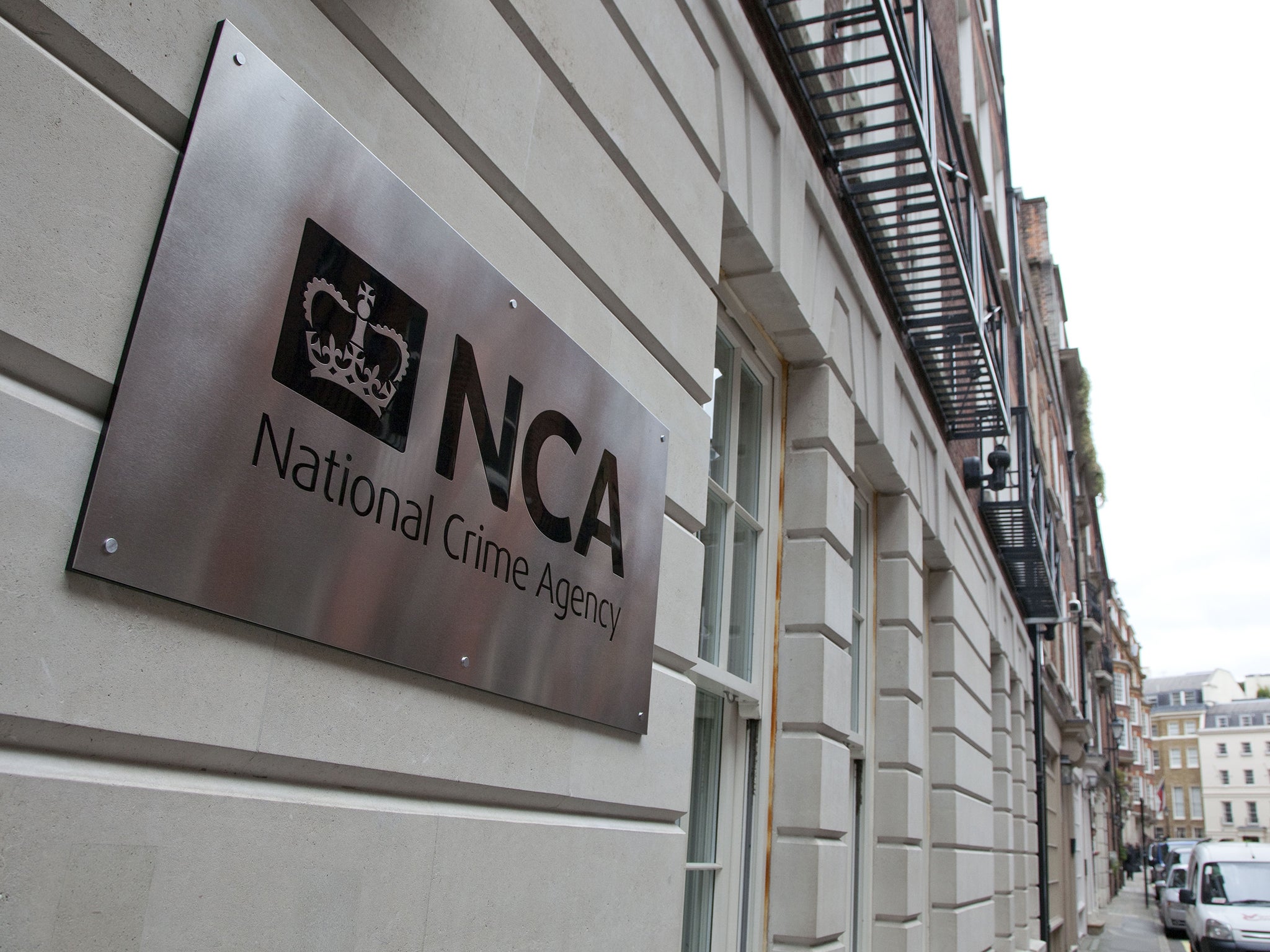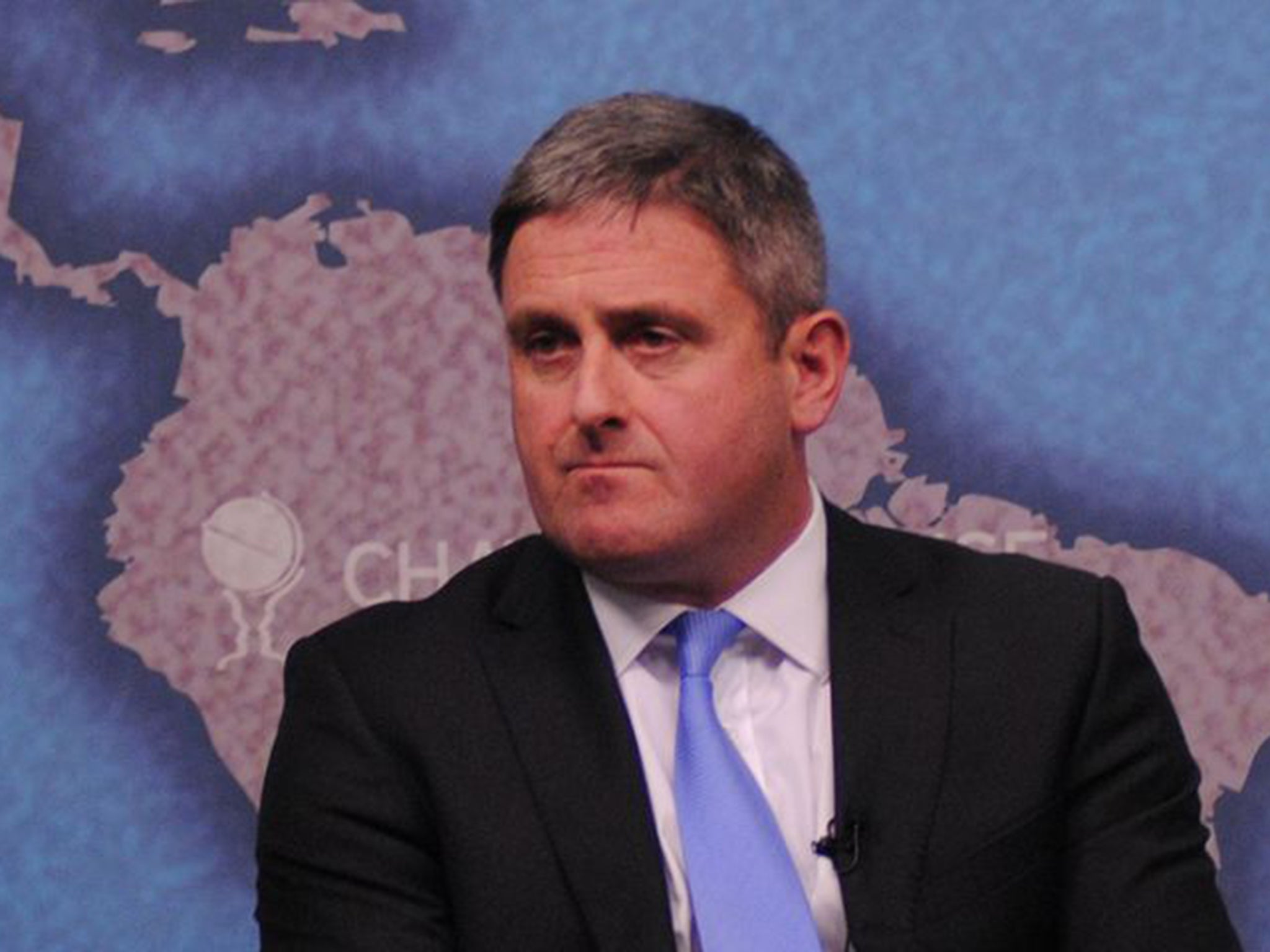National Crime Agency threatened by shortage of techno-savvy cops over pay and pension dispute
The National Crime Officers Association says officers would often be financially worse off if they moved to the 'elite' agency

Police leaders warn that key investigative skills at the elite National Crime Agency are set to disappear, despite its departing leader acknowledging the need to recruit technologically savvy young officers.
The agency – set up in 2013 to tackle the most serious drugs, sex, trafficking, cyber and international crimes – is finding it difficult to recruit young police officers because of a long-term pay and pensions problem, according to an association that represents nearly half of the NCA’s 4,200-strong staff.
Officials said that a recruitment programme targeting young investigators has succeeded mainly in wooing back retired old officers on short-term deals.
The National Crime Officers Association (NCOA) says officers would often be financially worse off if they moved from their force to the “elite” agency. They say the returning old guard would only remain for a few years, leading to a dramatic reduction in capabilities when they finally quit.

“It is clear that only those police officers who have recently retired, or intend to retire soon, will see the appeal of the NCA,” the association said in a pay negotiation document. “This skills ‘cliff edge’ will remain a considerable risk to the future resilience of the National Crime Agency.”
It warned that failure to resolve a dispute over pay and pensions of police officers who switch to the unit would store up further problems for the agency, which has been severely criticised after the collapse of multi-million-pound money-laundering cases.
The NCA has accepted that incompetence was to blame for the collapse of two cases and has launched a review of all its criminal investigations after officers planted a surveillance device without warning magistrates.
The former head of the organisation, Keith Bristow, who left last month, said the review involved warrants or orders obtained in more than 350 investigations. Mr Bristow told MPs in December that the NCA needed new blood to tackle cybercrime. “We had too many senior people who were probably of my generation, and law enforcement and crime have changed,” he said.
The NCA said it was in the process of appointing 460 people.
